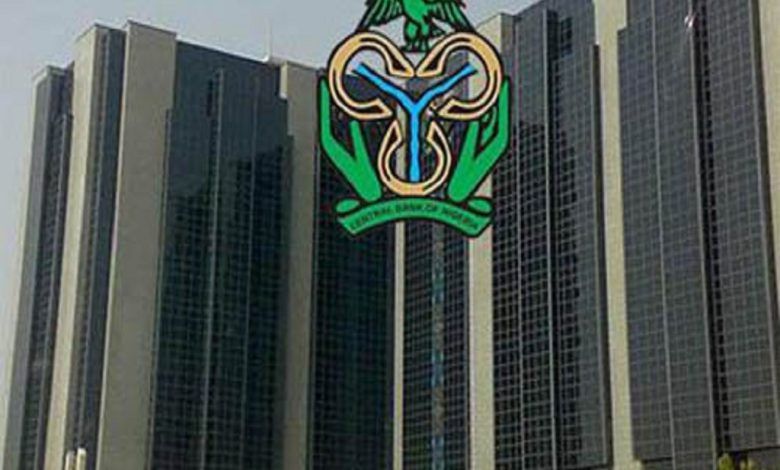
The Central Bank of Nigeria (CBN) has reported the sale of $543.5 million to authorized dealer banks at rates between N1,540 and N1,580 from September 6 to September 30, 2024. This transaction amounts to approximately N844.92 billion.
In a statement issued on Friday in Abuja, Omolara Duke, Director of the Financial Markets Department, explained that the sales aimed to mitigate market volatility driven by high demand for commodity imports and seasonal foreign exchange (FX) needs. Over the course of 11 trading days, the CBN sold these dollars to an average of 26 authorized dealer banks.
Despite these efforts, the naira appreciated only 2.77 percent, closing at N1,541 in the official market while plunging to N1,700 per dollar in the parallel market by the end of September.
Duke emphasized that the CBN’s sales were conducted through two-way quotes in the Nigerian Foreign Exchange Market, aiming to provide stability amid increasing pressures on the currency. She stated, “This press release is to educate and provide guidance to the general public on the pricing of FX by taking a clue from the range of rates at which FX was sold by the CBN to Authorized Dealer Banks.”
The declining value of the naira continues to raise concerns among citizens, as it affects the prices of essential goods.
Since Olayemi Cardoso took over as CBN Governor, the local currency has depreciated by over 50 percent in just one year.
Cardoso has reiterated that the bank is making concerted efforts to strengthen the naira, linking FX demand pressures to monthly disbursements from the Federation Account Allocation Committee (FAAC).
In September, Nigeria’s foreign reserves increased by nearly 5 percent, rising from $36.24 billion to $38.058 billion by the month’s end.
A detailed breakdown of the CBN’s dollar sales revealed fluctuations in amounts sold on different days, with $39 million sold on September 6 at rates ranging from N1,580 to N1,605, and subsequent sales varying in amount and exchange rate.
The CBN plans to continue facilitating FX supply as part of its broader management strategy to stabilize the naira in the foreign exchange market.






Abuja